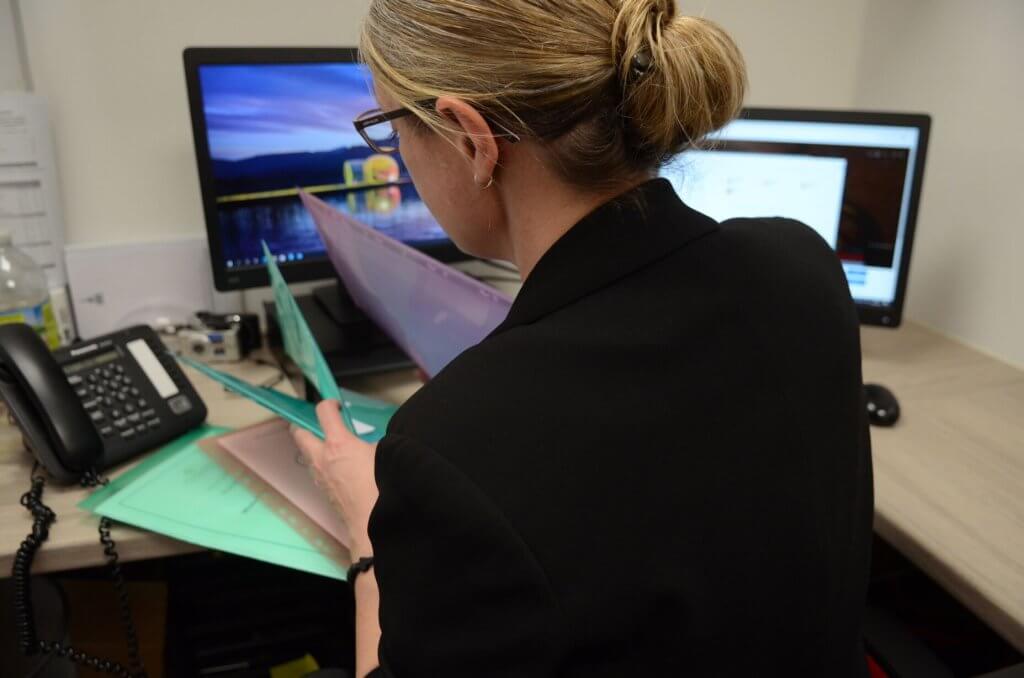The world around us is changing at an unprecedented pace – skills that were essential 30 years ago are no longer enough, and even the demands of five years ago look different today. Yet, our education system often lags behind, holding onto outdated models of assessment, accountability, and rigid structures that stifle creativity.
The interim report from the Curriculum and Assessment Review highlights the immense pressure on both staff and students in a busy curriculum that leaves space for very little. Following the Curriculum and Assessment consultation and the SEND consultation, we now see consultations from Ofsted and DFE. (We would urge you to complete these to ensure all voices in education are heard). Though change is welcomed, the unknown is causing anxiety within the education landscape due to further changes in accountability and – with what we know so far – not all of these are being received as positive.
Education is at a crossroads and the actions from these consultations have to get it right for the sake of our staff and for the future of our children.
As a consultant, I see first-hand in every school I visit – teachers are overwhelmed, children are disengaged, and the system feels increasingly unsustainable. But there is another way. A way to reintroduce joy, curiosity, and play into learning – not just in the early years, but throughout a child’s entire educational journey.
Why Joy in Learning Matters
Neuroscience tells us that joy is fundamental to learning. When we experience joy, our brain releases dopamine, which enhances motivation, attention, and memory. In contrast, stress and pressure activate the brain’s threat response, making learning far more difficult. Research from Psychology Today (2025) highlights that joy isn’t just about fleeting happiness – it’s a powerful state of mind that fuels creativity, problem-solving, and resilience. It allows us to tap into our innate curiosity and engage deeply with the world around us.
In Why Children Need Joy, Ben Kingston-Hughes expands on this idea, arguing that joy isn’t just a “nice-to-have” in education but a fundamental part of healthy childhood development. His book explores how joy fuels cognitive growth, emotional security, and resilience, backed by neuroscience and practical examples. He highlights that joyful experiences trigger positive biochemical responses in the brain, making learning more effective and meaningful. This reinforces the idea that when children are engaged, curious, and happy in their learning, they thrive – not just academically, but socially and emotionally.
Play can be powerful in supporting joy. Playful learning isn’t about chaos or a lack of structure – it’s about fostering exploration, risk-taking, and problem-solving in a meaningful way. Play encourages autonomy, deep thinking, and collaboration, all of which are essential skills in today’s rapidly evolving world.
Why Joy in Teaching Matters
Despite the research supporting joyful and playful learning many educators feel trapped in a system that prioritises test scores, rigid assessments, and performative measures of success. In my recent research, What informs the decisions that leaders make when considering play as an approach to learning beyond EYFS, 57% of leaders felt the way in which children learn in their school was not in line, or not fully in line, with their vision and values. Teachers often feel they are forced to teach to the test due to the accountability system we find ourselves in, rather than making the curriculum their own to nurture the needs of their current cohort.
Teachers need joy just as much as children do. When educators feel inspired, valued, and connected to their work, they bring energy and creativity into the classroom, creating a ripple effect that enhances children’s engagement in learning. (Have you ever noticed how passionate a class is about the same book as you or the same topic as you – it isn’t a coincidence!)
Research shows that teacher wellbeing directly impacts student outcomes; joyful teachers are more effective, resilient, and better equipped to foster positive learning environments. However, through research conducted by the Education Support Partnership, the Teacher Wellbeing Index 2024 states that 78% of education professionals described themselves as stressed. Rising workloads, excessive accountability measures, and a lack of autonomy have led to record levels of burnout and attrition in the profession.
Ben Kingston-Hughes, in Why Children Need Joy, highlights that joy is not just a luxury but a necessity in education – for both students and teachers. Without it, schools become environments of compliance rather than curiosity, stifling the very essence of meaningful learning. Prioritising teacher joy means rethinking how we support educators through trust, transparency, flexibility, and opportunities to teach in ways that align with their passion. When teachers experience joy in their work, they are more likely to stay in the profession, build strong relationships with students, and create classrooms where curiosity, playfulness, and deep learning thrive.
Reclaiming Joy in the Classroom
So how do we bring joy back to education? It starts with rethinking how we teach and learn. Playful learning is not just for the early years, it has a place in every stage of education. Here are some ways we can create joyful learning environments:
- A Culture of Curiosity and Playfulness: Embedding immersive storytelling, explorative learning, active games, and play into everyday learning.
- Inquiry-Based Learning: Encourage children to think creatively, to problem solve, to ask big questions, and to make links across areas of learning.
- Hands-On, Experiential Learning: Using real-world experiences, outdoor learning, and practical applications to deepen understanding.
- Flexible, Child-Led Approaches: Allowing space for choice and autonomy in how children learn.
- Supporting Teacher Wellbeing: Creating environments where educators feel valued, trusted, and empowered to teach in a way that aligns with their passion and expertise.
The Science of Joy and Learning
Neuroscientific studies show that joy and learning are deeply interconnected. The Harvard Study of Adult Development, one of the longest-running studies on happiness, found that connection and meaningful engagement are key to lifelong wellbeing. When children (and teachers) feel connected, engaged, and empowered in their learning, they are more likely to thrive.
Kingston-Hughes echoes this in Why Children Need Joy, emphasising that joyful learning environments not only lead to better academic outcomes but also nurture children’s mental health and emotional resilience. He warns that the erosion of joy in schools – replaced by pressure and rigid assessment – can have long-term negative effects on children’s development. If we want education to be truly effective, joy must be a core part of the equation.
Finding Joy Again
As educators, we need to ask ourselves:
How can we help our children to have a childhood?
How can we bring more joy into our schools for our children and our staff?
How can we challenge the systems that diminish it?
How can we reclaim our love for teaching and learning?
The answer lies in reimagining education not just for our youngest learners, but for every child, every teacher, and every school leader. The world is changing, and education must change with it. Let’s make joy the foundation of learning once again.
To help schools and trusts embed joyful, play-based learning at every level, we provide consultancy on School Development and Human Resources – supporting leaders in creating environments where both children and teachers thrive. By reimagining curriculum design, pedagogy, school culture, and staff wellbeing initiatives, we can help schools move towards an education system for the future and create a culture of joy for all.
Interested in exploring this more? Visit the links below.
Read our two part blog on play beyond EYFS: Part 1 and Part 2
Listen to our podcast episode with Dave McPartlin on creating community spirit.
Listen to our podcast episode with Claire Williams on play in EYFS and beyond.
Watch the free webinar on transition into KS1.
Explore our School Development support and the Wellbeing Award.
Take a look at this testimonial on play.
Or for an informal chat and a discussion about supporting your school please contact head of educational development, Jo.Gray@oneeducation.co.uk
References:
Psychology Today: The Hidden Power of Joy | Psychology Today
Teacher Wellbeing Index 2024: twix-2024.pdf
Kingston-Hughes, B. (2023). Why Children Need Joy. Corwin UK
Please complete the form below and we will get in contact as soon as we can to help you with your query.
















